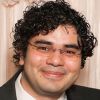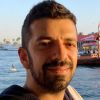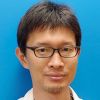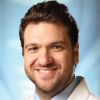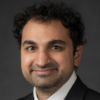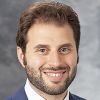Young Investigator Committee
Members
Past Members
IPITA CH@T Forum
IPITA Chat is a new email discussion forum for all investigators, clinicians and scientists with an interest in islet and/or pancreas transplantation in clinical and experimental fields. By becoming an active member of the group, knowledge will be expanded for our all benefit. Young investigators as well as senior people in the field are encouraged to participate, either by asking questions or contributing to the discussion.
We hope that IPITA Chat will develop into a lively and educational forum for all.
Social Media
The aims of this group are to encourage and foster communication, and create a community for the next generation of pancreas and islet transplantation researchers.
We hope to actively engage researchers in discussions, for example critical reviews of recently published papers, a forum for protocol questions/lab based issues, a who’s who section to allow junior members of different labs to get to know each other etc.
Mentorship Programme
We hope to establish a programme for trainees that will provide advice and mentoring to help in the development of successful careers in islet and pancreas transplantation research.
Congress Activities
The YIC will collaborate with IPITA meeting organizers to arrange a young investigator networking event/reception or social event, and a specific young investigator scientific session at all future IPITA Congresses.
Funding database
YIC Events
Resources
Contact
Address
The Transplantation Society
International Headquarters
740 Notre-Dame Ouest
Suite 1245
Montréal, QC, H3C 3X6
Canada
Используйте Вавада казино для игры с бонусом — активируйте промокод и начните выигрывать уже сегодня!


